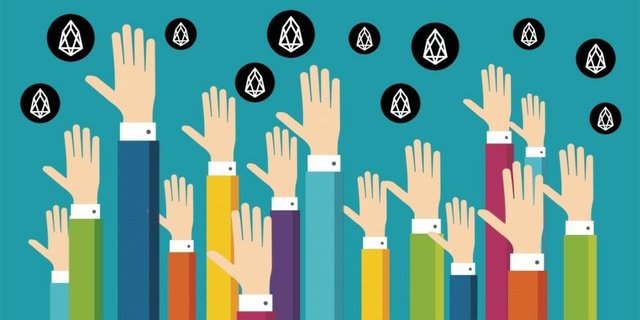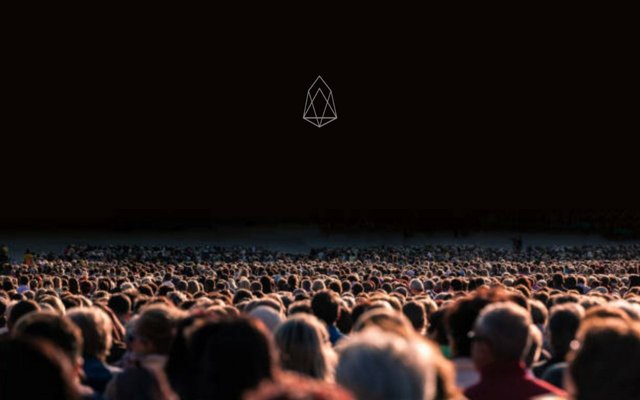21 Block Producers: Who Are They and Can We Trust Them?
EOS is a really promising platform which theoretically can be as significant as let's say Ethereum. There are already many new projects built on top of EOS, and all of these projects have ambitions to change this or that sphere of our lives drastically, improving it. Unlike Ethereum EOS uses Delegated Proof of Stake consensus algorithm meaning that the decentralization is limited by 21 Block Producers (BP) elected by the EOS community. This approach has both critics and advocates, but let's focus on the meaning of this model of governance and figure out who are Block Producers and find out if we can trust them.

BPs
Every 126 seconds (one round) the list of Block Producers is changing in accordance with votes which are EOS transactions made by the community. The top 21 candidates on the list are Block Producers. They are known and their reputation and rewards for their work motivate them to do their job well and try to please the voters (EOS community).
It's understood from the very name that blocks on EOS are produced by Block Producers. BPs earn EOS tokens for the creation of blocks. The source of these tokens is EOS inflation (which is set at 5%, and only 1% is earned by the BPs.) Being a Block Producer is not only a big responsibility and power but also a way to earn. If EOS token reaches $20 Block Producers can make millions of dollars. The rewards can be spent, saved or reinvested into education, community support, financial support, and the development of numerous projects (dApps, etc).
Criticism
The consensus system of EOS is not welcomed by some people due to the alleged lack of decentralization. 21 nodes is not a big number of nodes, that's inarguable. But the list of the candidates is stretching far, every 2 minutes a Block Producer who fails to prove its loyalty towards the community loses its power quickly and will barely have a chance to reach the top again.
Other critics of the EOS Block Producers concept are afraid of the possibility of the creation of cartels. The creators of EOS, Block.one, are not participating in voting, but they have 10% of EOS tokens, and in the case of emergency they are ready to meddle and solve the problem using the same tool as everyone: the votes backed by the number of EOS tokens. The only serious concern is the necessity to trust Block.one, but it's hard to imagine that they will indulge hypothetical cartels rather than community. The blockchain sphere is developing incredible fastly and there's a great competition. Block.one is not interested in ruining its reputation just like 21 Block Producers whose ability to receive impressive rewards and powerfully depends on the capability of sustaining their excellent reputation. The last word still belongs to the people.

Conclusion
EOS has a very friendly community. Awareness and strong relations are built via constant mutual support, education, and communication (including meetups). Everything is designed to make the candidates rather friends than competitors (although we can't deny that being on the top of the community is the desired goal of many (or all) members.) Selfishness won’t serve a good service for anyone on EOS.